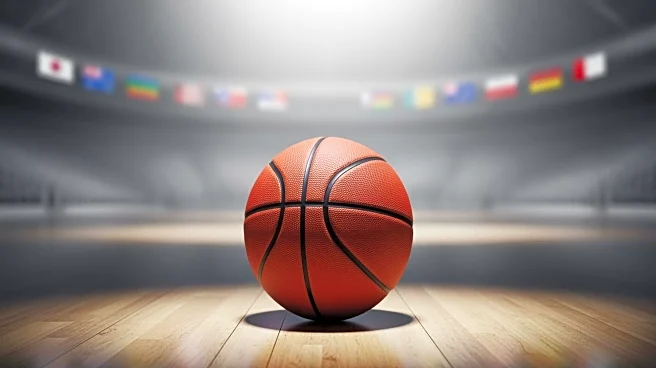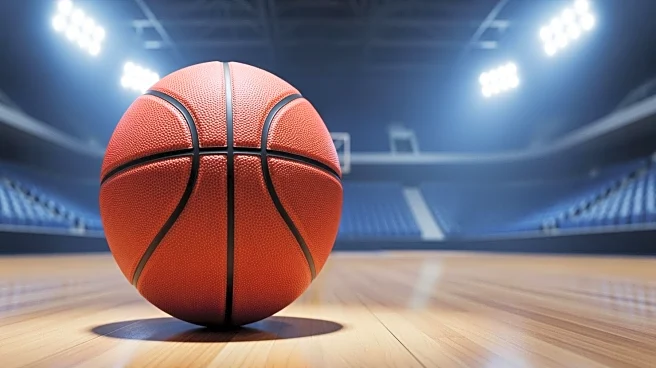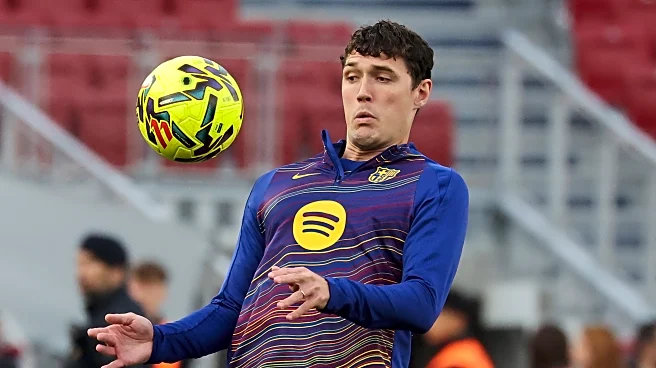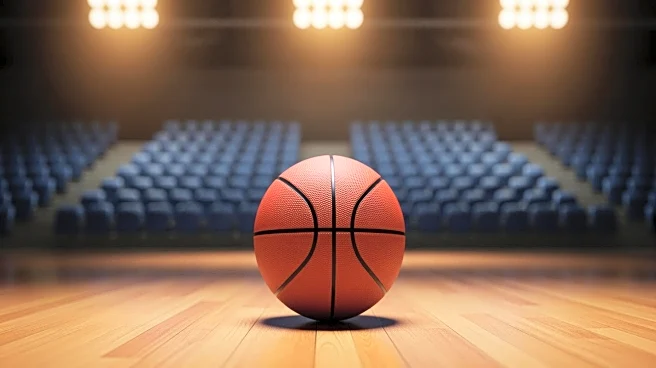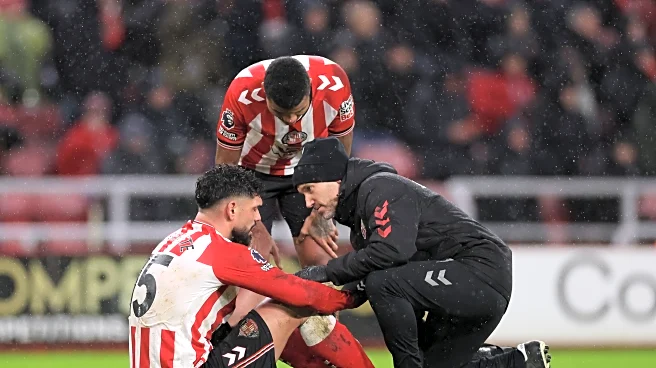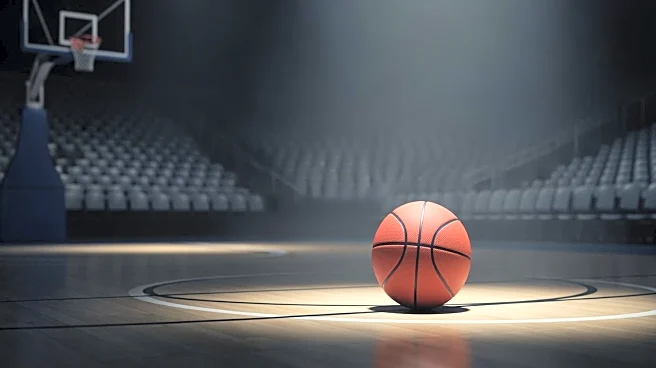What is the story about?
What's Happening?
Team Canada is evaluating its roster for the upcoming Olympics, with coach Jon Cooper emphasizing the need to improve the team's performance. At the Canadian Olympic orientation camp in Calgary, Cooper used a 'Ferrari' analogy to describe the team's approach, suggesting that while the core of the team will remain, there may be changes to enhance their competitive edge. Doug Armstrong, GM of the Canadian men's Olympic team, highlighted the importance of experience but also acknowledged the need for skill and hockey intelligence. The team is tracking additional players beyond those who attended the camp, indicating potential roster changes.
Why It's Important?
The decisions made by Team Canada regarding its roster could significantly impact their performance at the Olympics. Maintaining a balance between experienced players and fresh talent is crucial for success in international competitions. The team's strategy reflects a broader trend in sports management where past achievements are weighed against current performance potential. This approach could influence other national teams and sports organizations in their selection processes, potentially affecting the dynamics of international hockey competitions.
What's Next?
Team Canada will continue to assess player performance leading up to the Olympics, with the final roster decisions expected later in 2025. The management team will consider various factors, including player chemistry and adaptability to Cooper's system. As the Olympics approach, the team will likely engage in further training and evaluation sessions to ensure optimal preparation. Stakeholders, including fans and sports analysts, will be watching closely to see how these decisions unfold and impact Canada's chances at the Olympics.
Beyond the Headlines
The emphasis on improving the 'Ferrari' model of Team Canada highlights the evolving nature of sports management, where innovation and adaptability are key. This approach may lead to a shift in how teams are constructed, focusing more on dynamic skill sets rather than solely relying on past successes. The cultural and strategic implications of this shift could influence the future of team sports, encouraging a more holistic view of player development and team composition.


